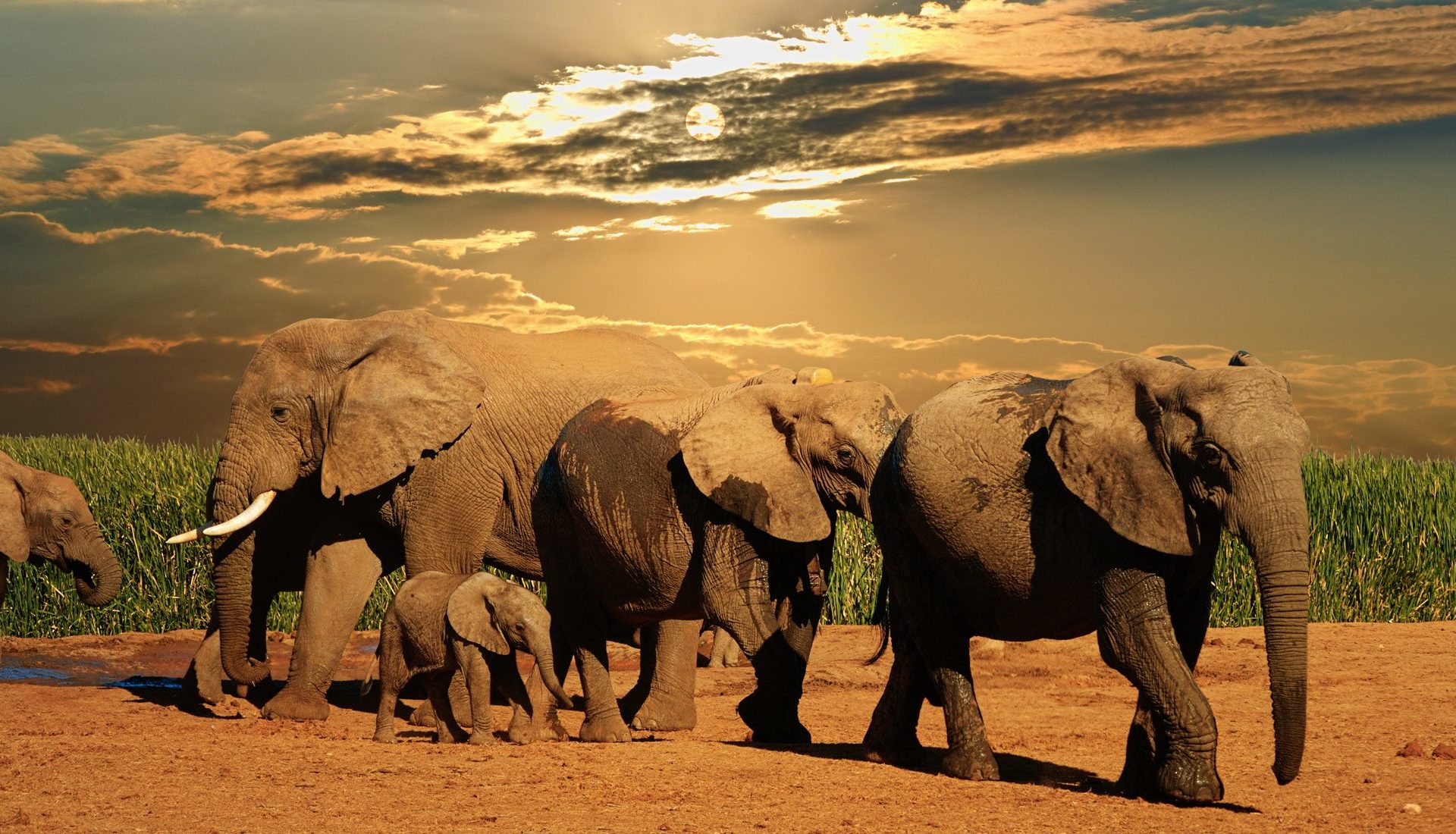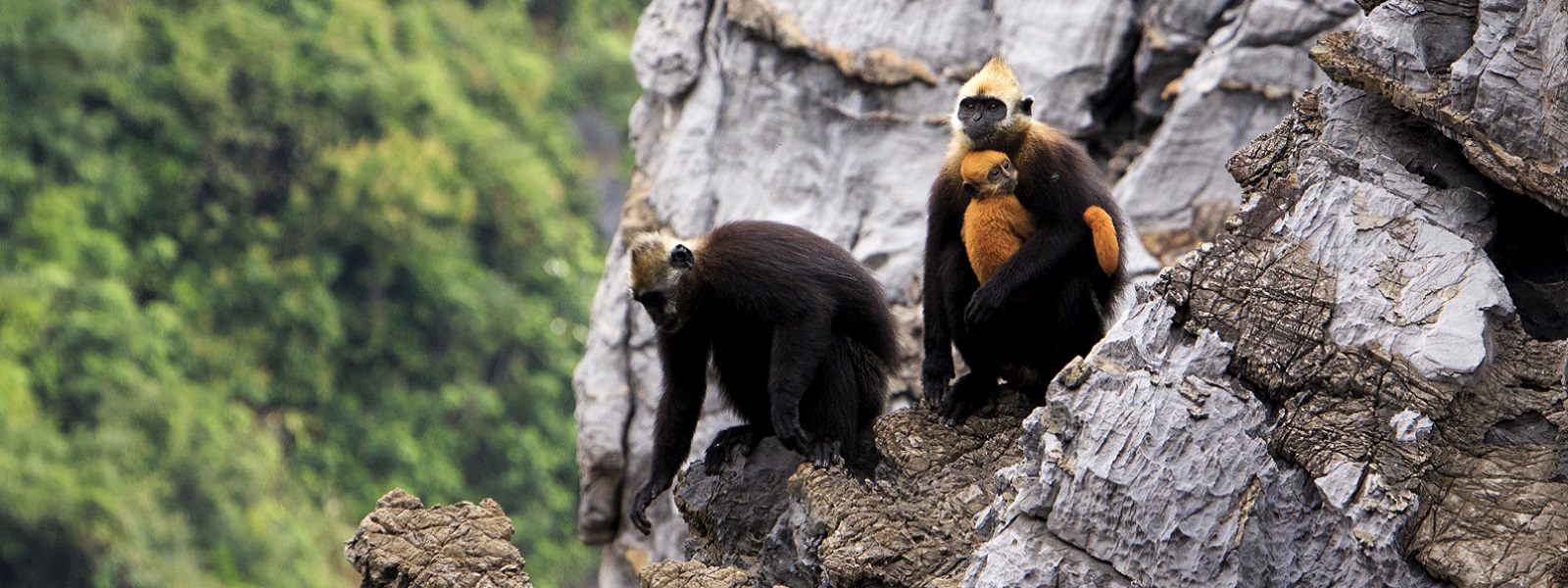As the ecotourism industry shuts down and protection projects grind to a halt, years of conservation work in the world’s most precarious environments could be undone.
Conservationists the world over are warning that coronavirus could have dire consequences for the world’s endangered species and habitats. This has left many asking whether relying on tourist dollars for conservation projects is a stable economic model.
In Africa, restrictions on international travel have fuelled a spike in illegal hunting and poaching, as protection organisations dependent on visitors are forced to lay off rangers and vastly reduce surveillance programs, and NGOs who usually bolster these programs are unable to enter the country.
‘From a wildlife conservation perspective… tourism has collapsed overnight. This has meant that the mainstream revenue for Kenya Wildlife Service is no longer flowing’ a spokesperson for the Tsavo Trust in Kenya told Tusk. ‘We will still operate, but at 50% capacity if we are to continue all the work that has so painstakingly taken to deliver over the last seven years.’

Ever since the 2010s, when ivory and rhino horn smuggling rings hit an all-time productivity high, conservation efforts have stepped up considerably in Africa. Between 2009 and 2014, Tanzania lost 60% of its elephant population, but the networks keeping this trade afloat have since been systematically dismantled by law enforcement and NGOs. Moreover, ranging in poaching hotspots has stepped up to such an extent that the Rhino Fund Uganda issue their 30 southern white rhinos with one guard each.
If current trends persist, however, much of this hard work could be unravelled. 90% of the RFU’s revenue comes from tourism, and so the operation has already had to lay off a third of its staff. Angie Genade, the executive director of the program, has launched an appeal to members of the public for donations to keep the operation afloat.
‘[Poaching] has spiked,’ said Pratik Patel, co-founder of the African Wildlife Trust, which operates in Tanzania, Kenya and South Africa. ‘Without tourists there is no money to sustain patrols, so we are seeing more poaching of both kinds: those poaching to survive to feed their families, so killing animals like Impala has increased dramatically.’
As Petal mentions, it’s not just professional ivory poachers that conservationists are worried about. The harsh pandemic economy has created a vicious cycle of reduced police and ranger presence, allowing the situationally impoverished to hunt for bushmeat.






















